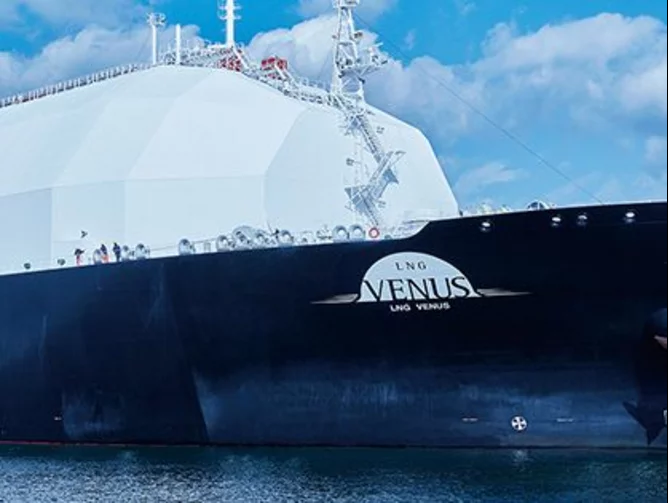
The agreements will see the companies explore potential opportunities to accelerate decarbonisation across their respective production value chains.
They include assessing a range of potential low-carbon energy solutions including hydrogen, carbon capture, utilisation & storage (CCUS), biomethane and renewables-based synthetic gas among others. In addition, a tripartite side letter has been signed between Shell, Tokyo Gas and Osaka Gas to jointly explore and evaluate the potential of renewables-based synthetic gas.
Kentaro Kimoto, Tokyo Gas Senior Managing Executive Officer Head of Digital Innovation Division, said: "Based on the framework of this agreement, we will continue to develop solutions to achieve a decarbonised society, including studying the possibility of a demonstration project that will contribute to the establishment of a synthetic gas supply chain. Tokyo Gas will continue to accelerate these initiatives in cooperation with the gas industry."
Separately, the company, whose operating profit rose 51.6% in the year to March 31, announced a share buyback on the Tokyo Stock Exchange involving 3,079,000 shares at a total acquisition amount of ¥7,966,709,800.
Keiji Takemori, Osaka Gas Senior Executive Officer Head Of Energy Resources And International Business Unit, said it is pursuing its net-zero target for 2050 under the Daigas Group Carbon Neutral Vision announced in January 2021.
"We are very grateful for this opportunity to collaborate with our long-standing partner Shell under this MOU in developing solutions for carbon neutrality, such as synthetic gas produced by methanation technologies, and other decarbonisation solutions including hydrogen, ammonia, and CCUS.”
Osaka Gas is part of a consortium developing the Goto floating wind farm. Construction work is due to start in September and commercial operations slated for January 2024.
Shell's target is to become a net-zero emissions energy business by 2050. Becoming a net-zero emissions business means offering customers more low-carbon products and Shell is working to build scale in decarbonisation technologies globally.
The energy major has been collaborating with the companies on addressing emissions from the LNG value chain, delivering LNG cargoes with carbon offsets since June 2019 with Tokyo Gas, and since July 2021 with Osaka Gas.
In January, Shell started production of green hydrogen in China with the start of a 20MW hydrogen electrolyser in Zhangjiakou, Hebei Province.
Last September Shell successfully achieved startup and production of renewable natural gas (RNG) at its first US biomethane facility. In July 2021 Shell also started Europe’s largest Polymer electrolyte membrane (PEM) green hydrogen electrolyser at the Shell Energy and Chemicals Park Rheinland.
Shell recently published its first Energy Transition Progress Report detailing emissions developments over the past five years.
By the end of 2021, it reduced Scope 1 and 2 emissions under its operational control to 68mn tonnes of CO2e, and cut total methane emissions from operations by 18% to 55,000 tonnes, compared with 67,000 tonnes in 2020.
While progress has been made with net carbon emissions - down from 83mn tonnes of CO2e from the 2016 reference year - net carbon intensity has only decreased slightly from 79g CO2e/MJ in 2016 to 77g CO2e/MJ in 2021.